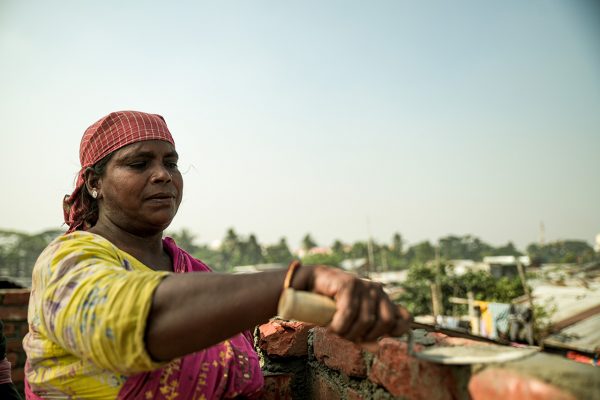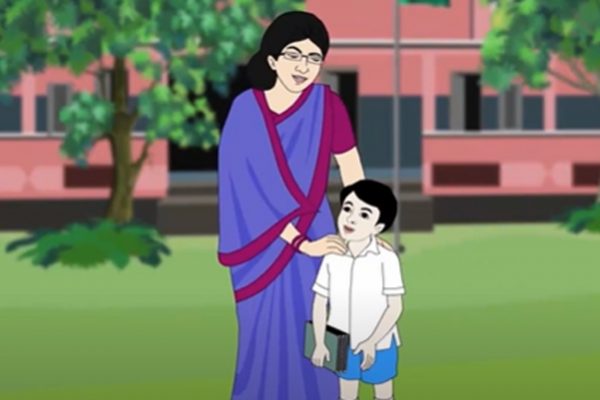Reading Time: 2 minutes
The following was originally posted by BRAC USA President and CEO Susan Davis on the World Education blog.With the Education for All goals and the Millennium Development Goal of universal primary education by 2015 on our minds, perhaps it’s time to start thinking about measurements of educational quality, rather than a simple push for increased student enrollment in developing countries.
The following was originally posted by BRAC USA President and CEO Susan Davis on the World Education blog.With the Education for All goals and the Millennium Development Goal of universal primary education by 2015 on our minds, perhaps it’s time to start thinking about measurements of educational quality, rather than a simple push for increased student enrollment in developing countries.
Most public schools in the developing world fail to prepare students for the 21st-century knowledge society, according to Sir Fazle Hasan Abed, founder of the Bangladesh-based non-government organization BRAC, whose US branch I lead.
Sir Fazle, who was last year awarded the inaugural WISE Prize for Education, has called for an end to teaching methods such as rote memorization, moving towards a focus on critical thinking and creative problem solving. As the largest private secular education provider in the world, BRAC is uniquely positioned to move the issue of quality education from discussion to implementation. With 24,000 primary schools and 4.6 million graduates in Bangladesh alone, BRAC ran more schools in 2011 than the entire English school system, according to the BBC.
It’s an alternative schooling model that inculcates a joy for learning in children from disadvantaged backgrounds. We’re now deploying that same approach in other countries in Asia, Africa and the Caribbean. For instance, BRAC currently partners with the American Institutes for Research and the Collaborative for Academic, Social, and Emotional Learning on a teacher training programme that helps children develop fundamental skills for life effectiveness. Through this initiative, in partnership with the NoVo Foundation, BRAC has provided such training to education staff in Bangladesh, Afghanistan, South Sudan and Uganda.
Social and emotional learning includes the basic skills individuals need in order to handle themselves, their relationships, and their work, effectively and ethically. It is a crucial component not only of children’s social and emotional development, but also of their health, ethical development and motivation to achieve. This innovative and entrepreneurial approach to education is practised not only in BRAC classrooms but in our adolescent girls’ clubs, now operating in Bangladesh, Uganda, Tanzania, South Sudan, Afghanistan, and most recently Haiti.





